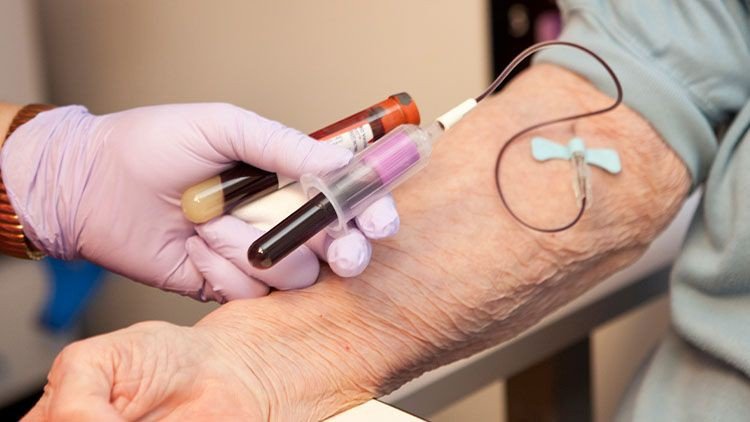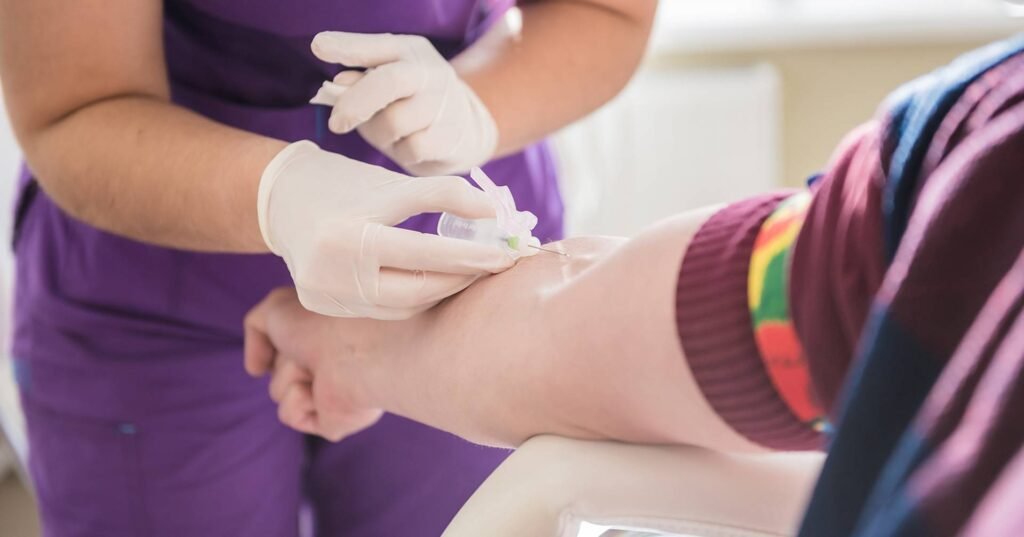The Art and Science Behind Phlebotomy
The word ‘phlebotomy’ may not be part of the vernacular outside of medical circles, but its significance is paramount in the healthcare ecosystem. Phlebotomist training is more than the person who draws blood; they are frontline health professionals who handle this intricate task with expertise and empathy, often in moments of heightened patient vulnerability. To understand the role fully, it’s important to recognize the dual nature of phlebotomy – as both an art and a science. The art of phlebotomy lies in the interpersonal skills and calming presence a phlebotomist brings to the patient, while the science demands acute anatomical knowledge and precision in procedure.Paths to Pursuing Phlebotomy
For those drawn to this career, there are various paths to consider. Some become phlebotomists through traditional education, studying healthcare sciences at university. Others opt for dedicated vocational training programs designed to fast-track entry into the field.Traditional Education Routes
While a university degree in biomedical science or a related field is not a strict prerequisite for phlebotomy, it certainly provides a solid foundation of knowledge and often includes placements in clinical settings where you can hone your skills. For those already pursuing a medical degree, phlebotomy could be part of your core curriculum.Vocational Training Programs
Vocational training offers a more direct entry point into phlebotomy. Accredited phlebotomy courses can range from a few weeks to several months, providing comprehensive training in specimen collection, patient interaction, and the legal and ethical considerations of the role.Essential Skills and Qualities for Phlebotomists
Acquiring the technical know-how is only part of the preparation for a career in phlebotomy. Equally important are the soft skills and personal attributes that set great phlebotomists apart from the rest.Technical Proficiency
Precision and accuracy in venipuncture procedures are non-negotiable. A steady hand and a focused mind are invaluable when working with such a delicate and crucial task.Compassionate Communication
Patients can be anxious about needle procedures. The ability to calm their fears through clear, compassionate communication is an essential tool in a phlebotomist’s repertoire.Attention to Detail
Patient records and sample labelling require meticulous attention to detail to ensure the right results are attributed to the correct individuals every time.
The Training Grounds of Phlebotomy
UK aspiring phlebotomists are spoiled for choice when it comes to training programs. The market offers a mix of online and on-campus experiences, each with its own benefits and considerations.Accredited Courses
Choosing an accredited course is crucial for ensuring the quality and recognition of your training. These programs are designed to meet the rigorous standards set by healthcare regulatory bodies and equip you with the competencies required in the workplace.Online vs. On-Campus Learning
The decision to study online or on-campus often comes down to personal preference and circumstances. Online courses offer flexibility for those with existing responsibilities or remote locations, while on-campus learning provides a hands-on experience in a controlled environment and allows for more immediate feedback.Carving Your Career Path
The role of a phlebotomist is indispensable, with career growth potential and opportunities that span various sectors within the healthcare system.Job Prospects and Setting Expectations
Phlebotomists can find employment in hospitals, clinics, research facilities, and blood donation centers. Job roles may also involve specimen processing, which opens doors to more specialized career paths in laboratory medicine.Navigating Salaries and Advancement
Salaries for phlebotomists in the UK vary depending on experience and location but remain competitive within the healthcare sector. Advancement opportunities often come from pursuing additional training or education, such as becoming a registered phlebotomy technician or shifting into other medical roles.Lifelong Learning in Phlebotomy
The healthcare industry is continuously evolving, and for those in phlebotomy, staying abreast of the latest developments is paramount.Continuing Education and Professional Development
Whether it’s learning new techniques or understanding updated healthcare regulations, continuous education ensures that your skills remain relevant and sharp. Professional development should be a lifelong commitment for phlebotomists seeking to grow their careers.Specialized Certifications
Beyond the fundamental phlebotomy course, there are specialized certifications available, such as for pediatric or geriatric phlebotomy, which can help you tailor your career to specific patient demographics or preferences.
Conclusion
Becoming a proficient phlebotomist in the UK is an enriching experience that begins with your choice of educational pathway. Navigating the training options requires diligence and thoughtful consideration of your goals and resources. The career prospects are promising for those willing to invest in personal and professional development, and the opportunity to make a meaningful impact in the lives and health outcomes of patients is a reward like no other. For further guidance and exploration of phlebotomy training in the UK, reach out to educational institutions and professional associations in the healthcare field. Take that first step toward a career in phlebotomy, and you’ll soon find yourself a vital part of the intricate tapestry that is the British healthcare system.Article Tags:
PhlebotomyArticle Categories:
Other




